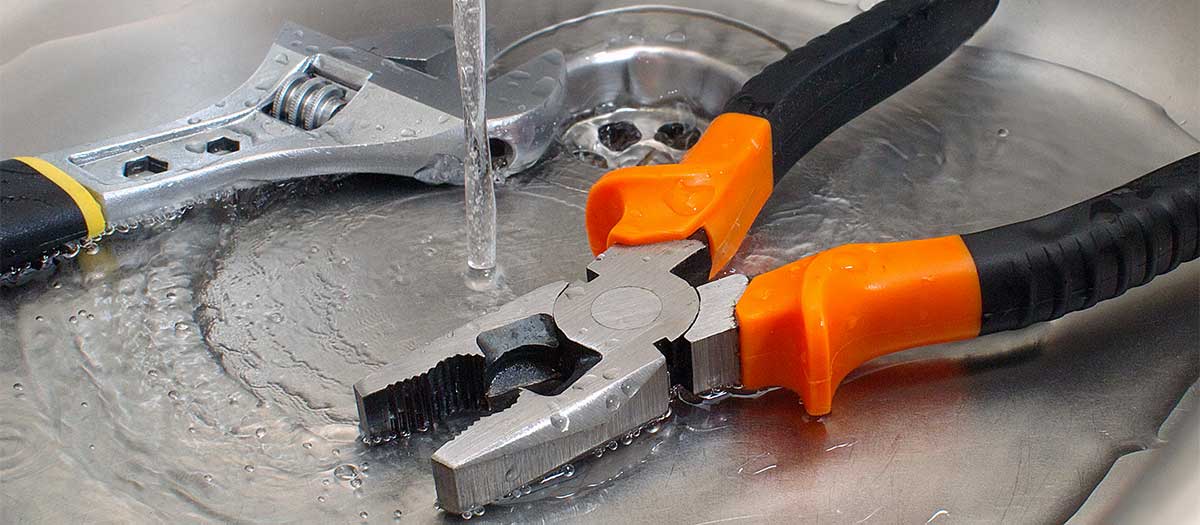Every person has their unique assumption with regards to Locating water leaks.

Early detection of dripping water lines can alleviate a potential disaster. Some little water leakages may not be noticeable.
1. Take A Look At the Water Meter
Every house has a water meter. Checking it is a surefire manner in which aids you find leaks. For beginners, switch off all the water sources. Ensure no one will certainly purge, utilize the tap, shower, run the cleaning machine or dishwashing machine. From there, most likely to the meter and also watch if it will change. Since no one is utilizing it, there must be no motions. If it moves, that suggests a fast-moving leak. If you find no changes, wait a hr or 2 as well as examine back again. This suggests you might have a slow leak that might even be underground.
2. Inspect Water Intake
Evaluate your water expenses and track your water usage. As the one paying it, you need to discover if there are any inconsistencies. If you spot sudden changes, despite your usage coinciding, it indicates that you have leakages in your plumbing system. Remember, your water bill ought to fall under the same variety each month. An abrupt spike in your expense suggests a fast-moving leak.
A constant boost every month, also with the exact same practices, reveals you have a slow-moving leakage that's also slowly escalating. Call a plumber to thoroughly inspect your property, especially if you feel a cozy location on your floor with piping below.
3. Do a Food Coloring Examination
When it comes to water usage, 30% comes from commodes. If the shade somehow infiltrates your dish during that time without flushing, there's a leak in between the tank as well as dish.
4. Asses Exterior Lines
Do not forget to inspect your outdoor water lines as well. Test faucets by affixing a garden hose pipe. Must water permeate out of the link, you have a loosened rubber gasket. Change this and also ensure all connections are tight. It will certainly aid obtain it professionally examined and kept each year if you have actually got a sprinkler system. One little leakage can lose tons of water and increase your water expense.
5. Analyze the circumstance and also examine
Home owners ought to make it a routine to check under the sink counters as well as also inside closets for any bad odor or mold development. These two red flags suggest a leakage so punctual focus is required. Doing routine assessments, also bi-annually, can conserve you from a significant trouble.
More notably, if you understand your home is currently old, maintain a watchful eye on your heaters, hose pipes, pipes etc. Look for stainings and also deteriorating as a lot of pipes and devices have a life expectancy. They will additionally naturally deteriorate as a result of deterioration. If you suspect leaking water lines in your plumbing system, do not wait for it to intensify. Call a specialist plumber today so you don't wind up with a terrible mess in your home.
Early detection of leaking water lines can reduce a prospective catastrophe. Some small water leaks may not be visible. Checking it is a surefire way that helps you discover leakages. One little leakage can throw away bunches of water and also surge your water expense.
If you think leaking water lines in your plumbing system, do not wait for it to intensify.
How to Know If Your Home Has a Hidden Leak
Water Meter Reveals Inexplicable Water Usage
If you’d like to test whether or not there’s a leak somewhere in your home, you can do this using your water meter. Here is how to conduct the test:
Don’t use any water in your home for at least 30 minutes; this also means not turning on faucets or water-using appliances.
Go outside, and check your water meter for activity.
If your water meter shows that there was activity, even though no one was using any water, this proves that there is a leak in your home.Visible Mold or Mildew Growth
Leaks behind walls create moist, dark environments that allow mold and mildew to grow and thrive. Eventually, you might see mold growth forming on the wall closest to a hidden leak.
If mold is growing in an area that receives a high amount of moisture, such as a bathroom, it may simply be an indication that better ventilation is needed. However, if you see mold growth on a wall or the ceiling in an area where you would not expect, you probably have a hidden leak.
Musty, Mildew Odor
Sometimes you might not be able to see the mold or mildew that is growing as a result of a leak. However, the smell can give the problem away just as easily. If you catch a whiff of something musty, there’s a good chance that old water is collecting somewhere in your home that you can’t see.
Stained/Warped Walls, Ceilings, or Floors
When your home soaks up water, a variety of red flags can become visible, including ceiling stains, bubbling drywall, warped walls, and sagging floors. While these issues can be caused by excess humidity, they can also be signs that a pipe or plumbing connection has started leaking behind your walls.
Inexplicably High Water Bill
After a while, you get a general sense for what your water bill should be. If you own a pool or sprinkler system, your bill will tend to be higher during summer. However, if you receive a water bill that seems especially high, and you can’t figure out what caused it, then you may have a hidden leak somewhere that’s increasing your bill.
https://www.plumbingjoint.com/blog/2019/july/how-to-know-if-your-home-has-a-hidden-leak/

I stumbled upon that piece on Leaking water lines while scouting around the internet. In case you enjoyed our post if you please don't forget to pass it around. Kudos for your time. Visit us again soon.